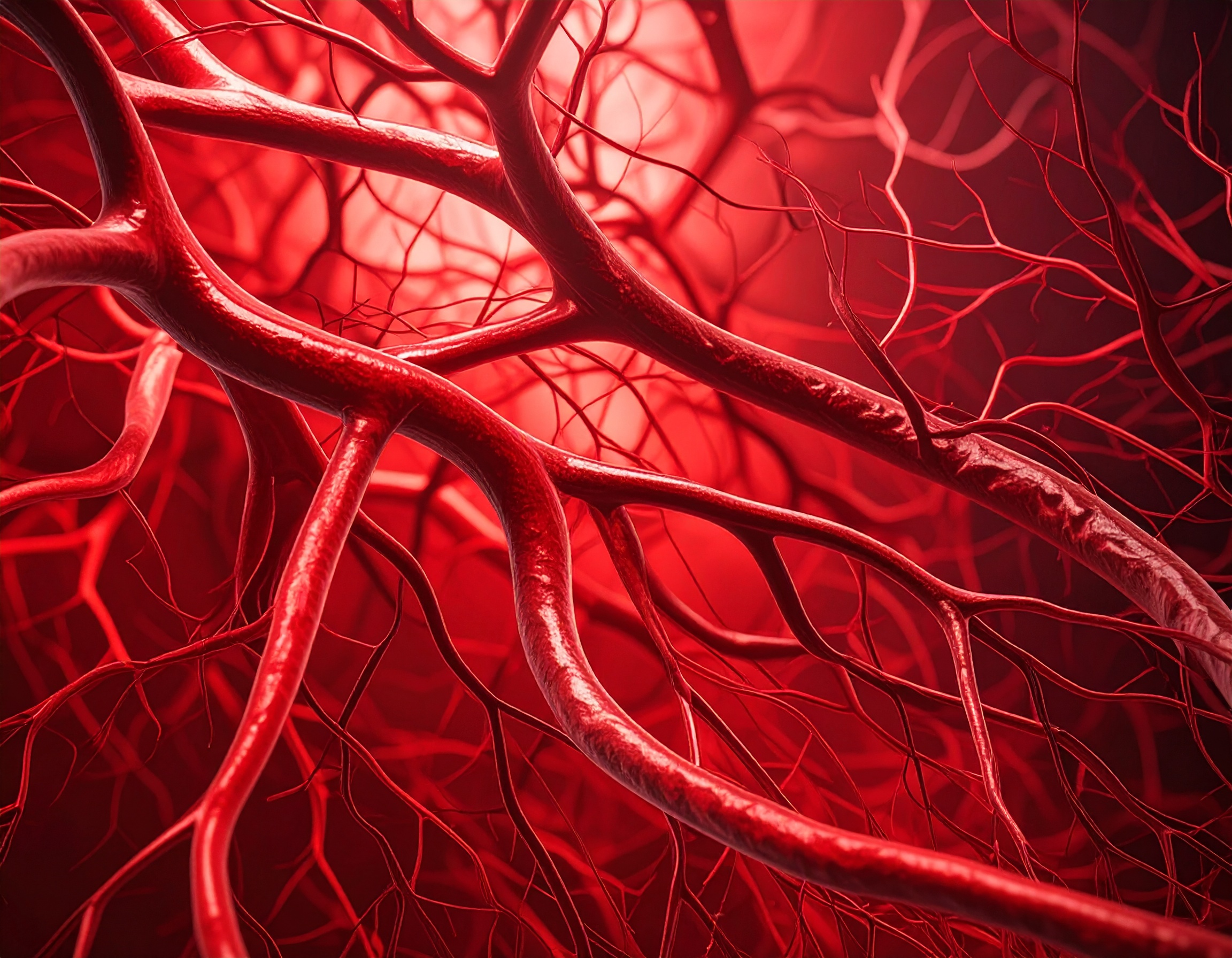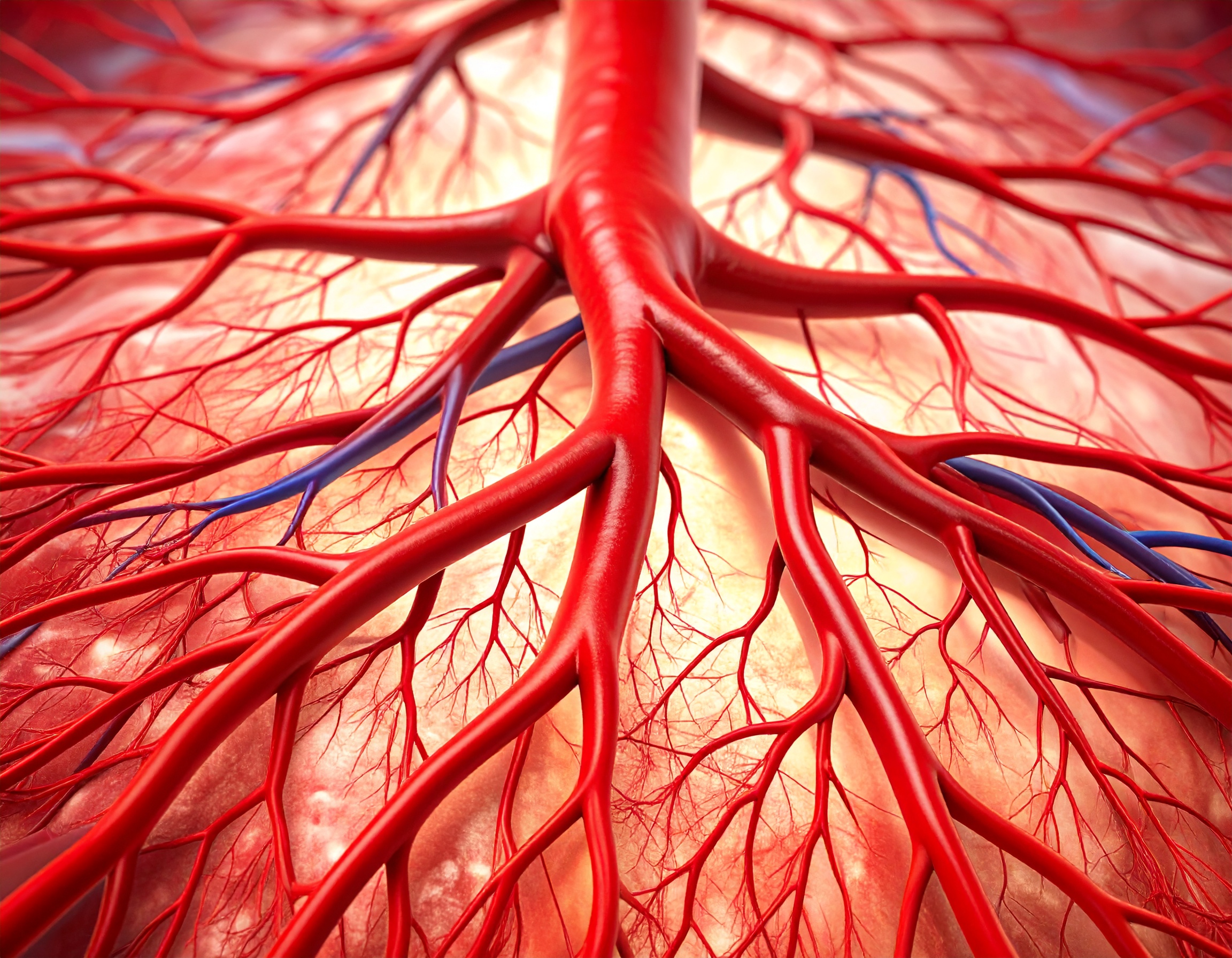Thoracic Outlet Syndrome
Expert treatment for neurovascular compression at the base of the neck affecting arm function
Neurovascular Decompression
Thoracic outlet syndrome affects blood vessels and nerves passing from the chest to the arm. Expert surgical decompression can restore normal function and eliminate symptoms.
DR LUBOMYR LEMECH
MBBS (Hons), FRACS (Vascular), DDU (Vascular)
TOS Subtypes:
- Neurogenic TOS (nTOS)
- Venous TOS (vTOS)
- Arterial TOS (aTOS)
- Surgical decompression options
Understanding Thoracic Outlet Syndrome
The thoracic outlet is located at the base of the neck. It is where the major blood vessels and nerves to the arm leave the chest and neck.
On their path to the arm the blood vessels and nerves pass through a space bounded by the 1st rib, the clavicle ("collar bone") and the scalene muscles.

Thoracic Outlet Anatomical Space
Three Subgroups of TOS
There are 3 subgroups of thoracic outlet syndrome, each affecting different structures
Neurogenic TOS
Most common form affecting the brachial plexus nerves
Venous TOS
Compression affecting the subclavian vein
Arterial TOS
Rarest form affecting the subclavian artery
Symptoms by Type
These conditions manifest in different ways depending on which structures are affected

Neurogenic TOS
Neurogenic TOS can result in:

Venous TOS
Venous TOS can manifest with:

Arterial TOS
Arterial TOS can manifest with:
Investigations
Investigations may be required to investigate these symptoms, including

X-rays
Assessment of bony anatomy and cervical ribs

Doppler Ultrasounds
Evaluation of vascular flow with positional testing

Nerve Conduction Studies
Electrical testing of nerve function

CT Scans
Detailed imaging of thoracic outlet anatomy

Catheter Angiograms
Dynamic imaging of vascular compression
Treatment
Individualized Treatment Planning
The treatment required for your condition depends on the cause and the severity of your symptoms. Surgery may be required to correct the underlying cause of the thoracic outlet syndrome.
Conservative Management
Initial treatment focuses on symptom relief and function improvement.
Surgical Decompression
Surgery to remove structural causes of compression.
Surgical Approaches

Supraclavicular
Approach from above the collarbone for neurogenic TOS and scalenectomy

Transaxillary
Approach through the armpit for first rib resection

Infraclavicular
Approach below the collarbone for vascular reconstruction

Advanced TOS Treatment
Specialized surgical techniques for optimal decompression
Expert Thoracic Outlet Syndrome Care
Dr Lemech provides comprehensive thoracic outlet syndrome evaluation and treatment for all three types of TOS. Specialized surgical techniques to decompress neurovascular structures and restore normal function.
